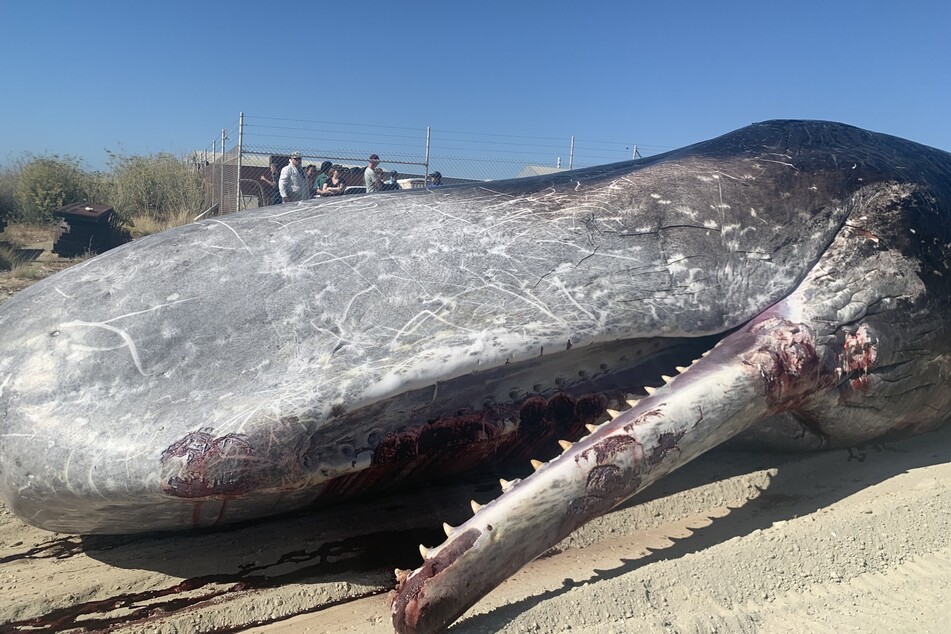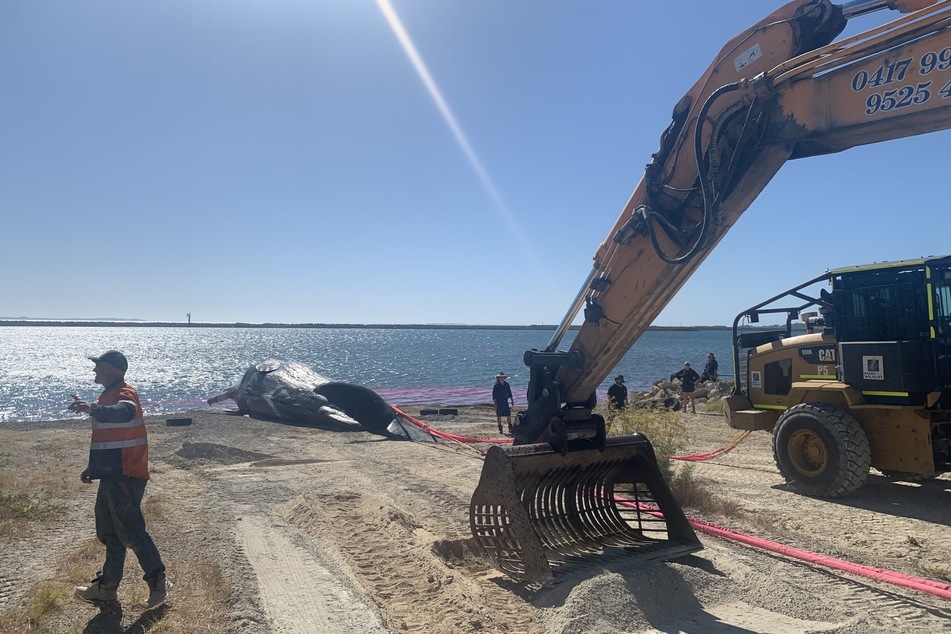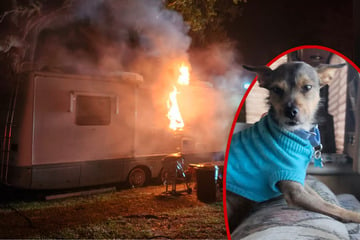Stranded whale suffers grim fate after swimmers snap selfies
Perth, Australia - A whale surfaced near the coast over the weekend, and enthusiastic swimmers petted and took selfies with it. Days later, the animal has died.

A sperm whale died on Tuesday morning after becoming stranded on a sandbank in Perth, Australia over the weekend.
The impressive 49-foot long whale first appeared at Rockingham Beach on Saturday, likely in distress in the shallow water.
Beachgoers swam close to it, touching it and taking photos.
"It is pretty unusual to see them this close to shore," government marine mammal expert Kelly Waples told CNN. "They live offshore in deep water and that’s where they forage and spend their time."
Waples noted the whale was likely already in distress when it arrived at the beach, and that the interaction with humans may have increased its stress.
Officials tried to help the whale, which swam out to the ocean again on Saturday. It was found on Monday again stranded on another sandbar nearby, "thin" and "emaciated."
It then swam off the sandbar "gingerly" when "its respiration gave us some signs that it really was coming to the end," according to Incident Controller from the Parks and Wildlife Service Mark Cugley.
What was wrong with the whale found in Perth, Australia?

The Parks and Wildlife Service of Western Australia had been posting regular updates on Facebook since the whale sighting, including pictures and videos.
Officials from the Department of Biodiversity, Conservation and Attractions (DBCA) spent Monday trying to save the stranded animal, but to no avail.
The whale's body 40-ton body was recovered from the water and is now to be buried at "a secure location." Marine biologists hope to take samples of the animal in order to determine its exact cause of death. The skeleton will be available for research in a few years' time.
"It was so touching to see the community band together," the Parks and Wildlife Service said after the event, which held a ceremony to pay respects to the fallen whale.
Cover photo: Screenshot/Facebook/Parks and Wildlife Service, Western Australia
